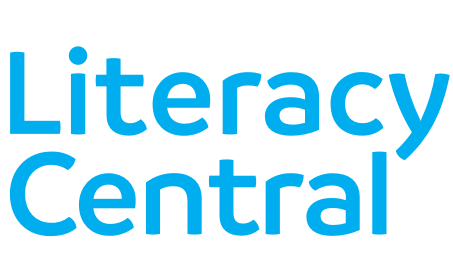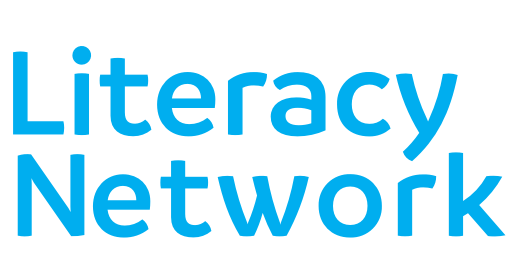Sara sat on the porch scanning the horizon for a horse. She was waiting for Miss Ruth to arrive. She had finished her book from Miss Ruth’s last visit, and she was ready for another.
Life was hard in their Eastern Kentucky home. Mama was sick and there was no work for Papa. The boys helped the neighbors with odd jobs, working for whatever they could give. But no one had much to share. The Great Depression was tough on them all.
What little money the family made had to go to food. There was none left over for new dresses or new boots. There was certainly none left for books. That’s why they needed Miss Ruth.
Miss Ruth was a Pack Horse Librarian. The Pack Horse Library initiative was part of the New Deal, organized by the Works Progress Administration. The project set up makeshift libraries in local churches, schools, and civic buildings. The libraries collected reading materials from out of state donations. Then the librarians sent the materials into the remote Kentucky hills with carriers who rode on horseback. The terrain was tough, but the carriers took their jobs seriously. They splashed through icy creeks and rode up mountains to get books to the people who needed them.
In 1936, the Pack Horse Library initiative served over 50,000 families. As it grew, it began to serve schools as well. Sara had first met Miss Ruth at school. The school didn’t have a library, so Miss Ruth brought the children books to read. They were full of beautiful pictures and imaginative stories.
Sara couldn’t go to school anymore. She had to stay home and take care of Mama. But Miss Ruth was still determined to get books to her. She came twice a month, riding routes of 100-120 miles a week.
Finally, Sara saw the horse in the distance. “Miss Ruth is here!” she called to her family. Everyone came running out. The boys were hoping for a new magazine and Papa wanted Mark Twain. Sara didn’t mind what she got as long as she was reading. “Give me a book and I will be happy,” she heard Miss Ruth say once. Sara agreed completely.



 About BeeLine
About BeeLine